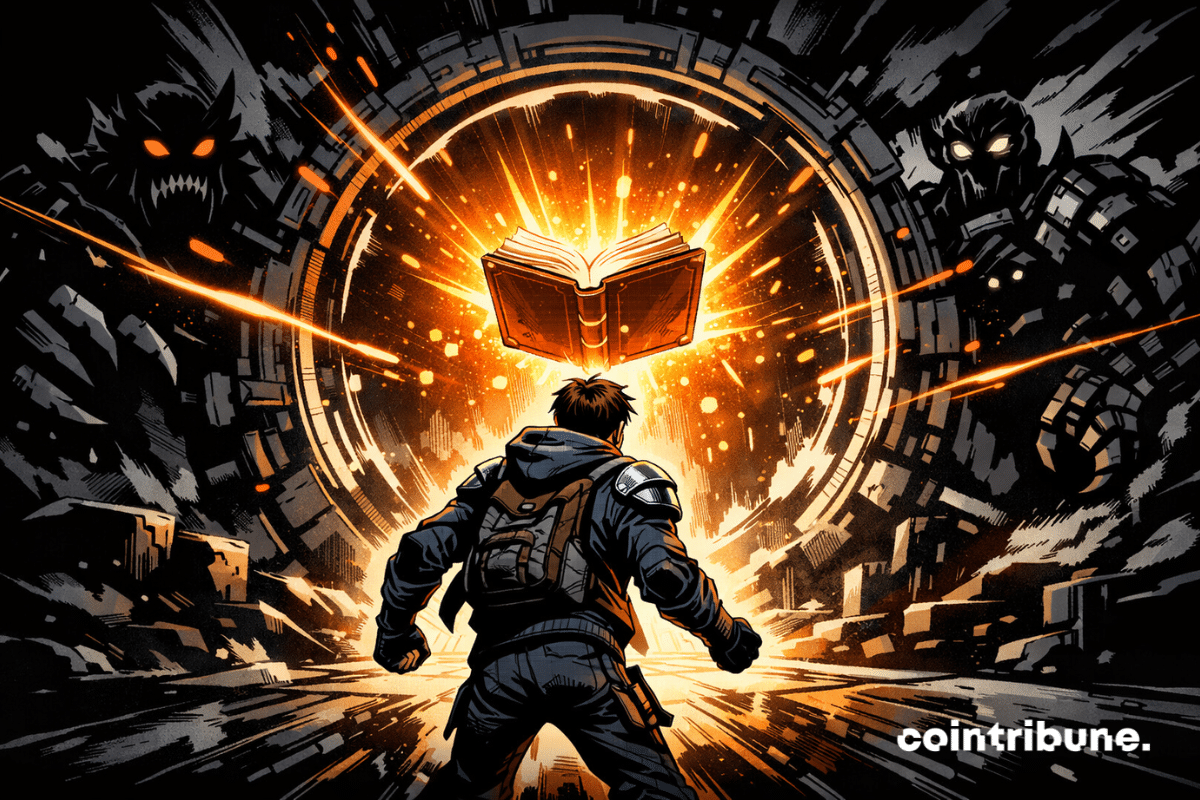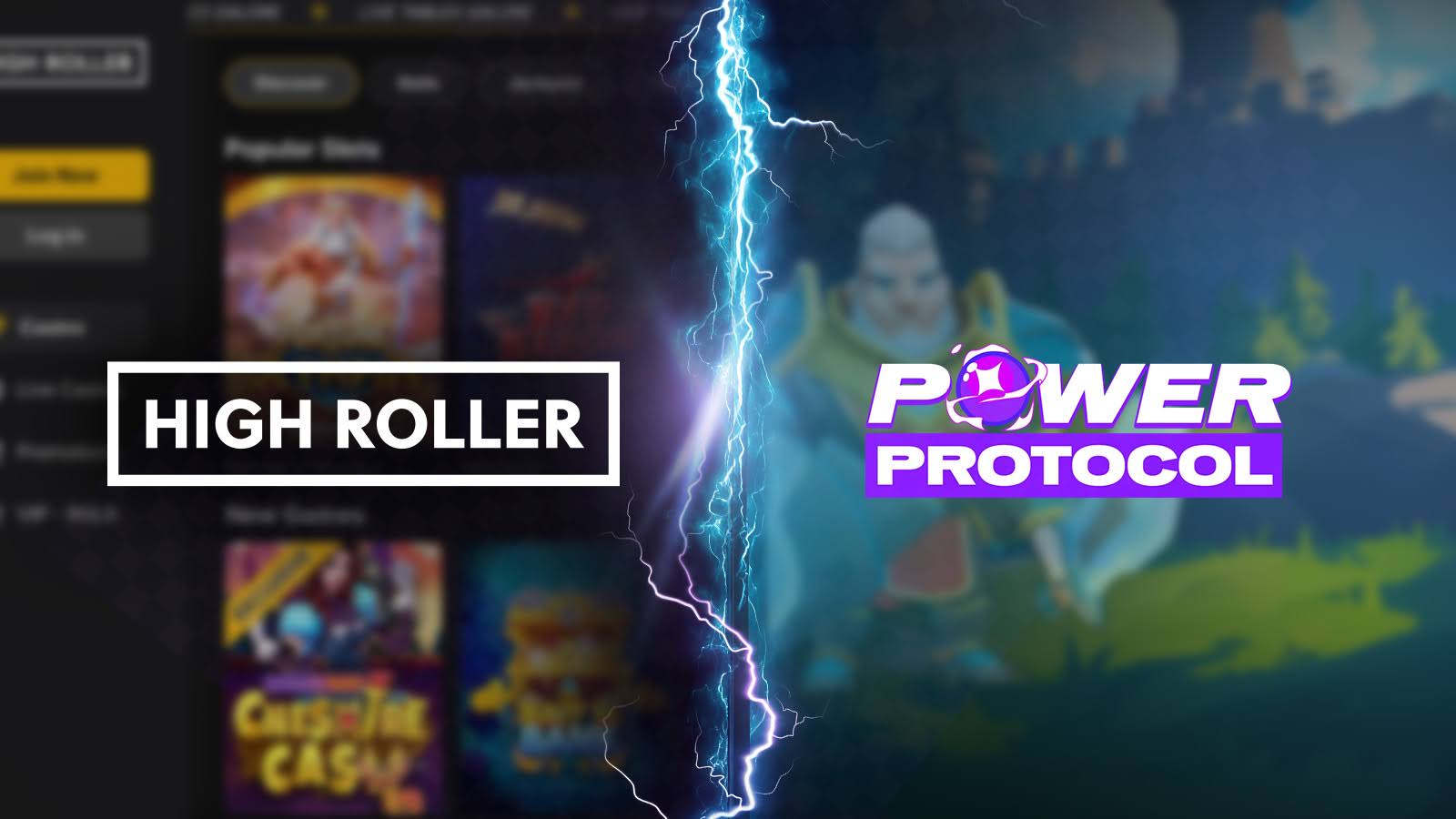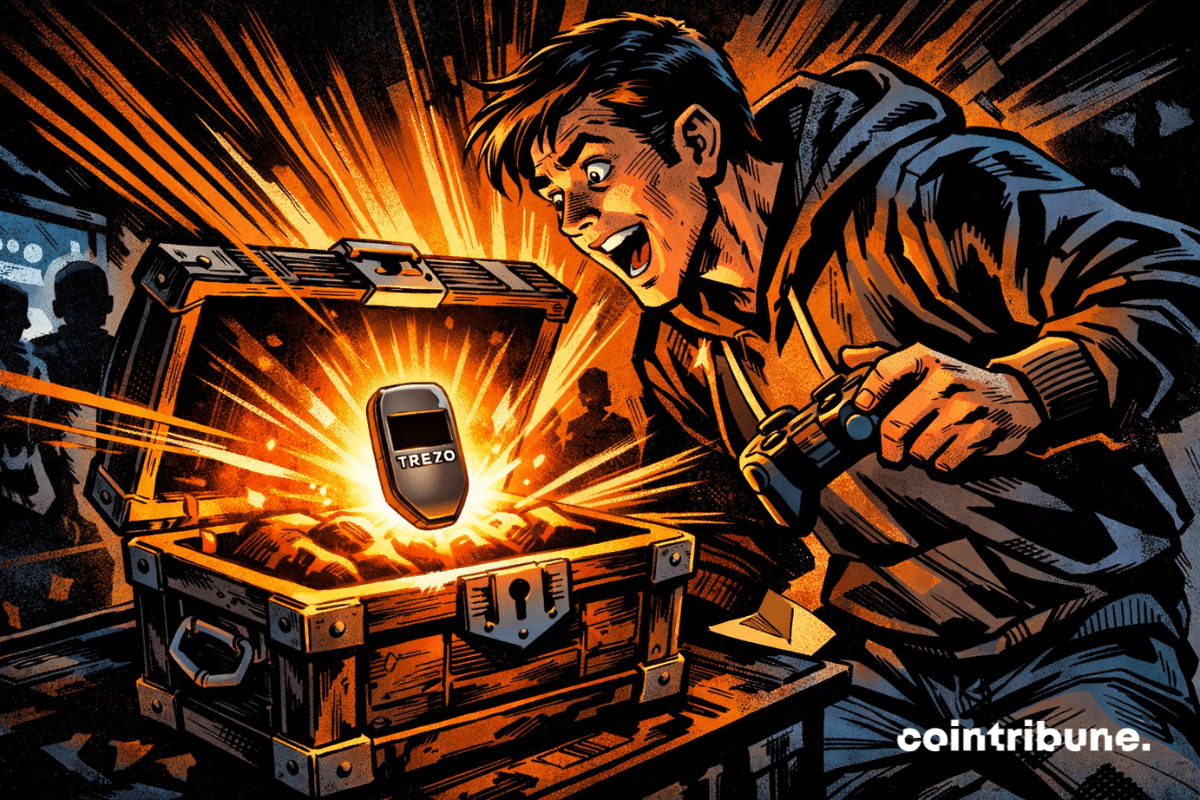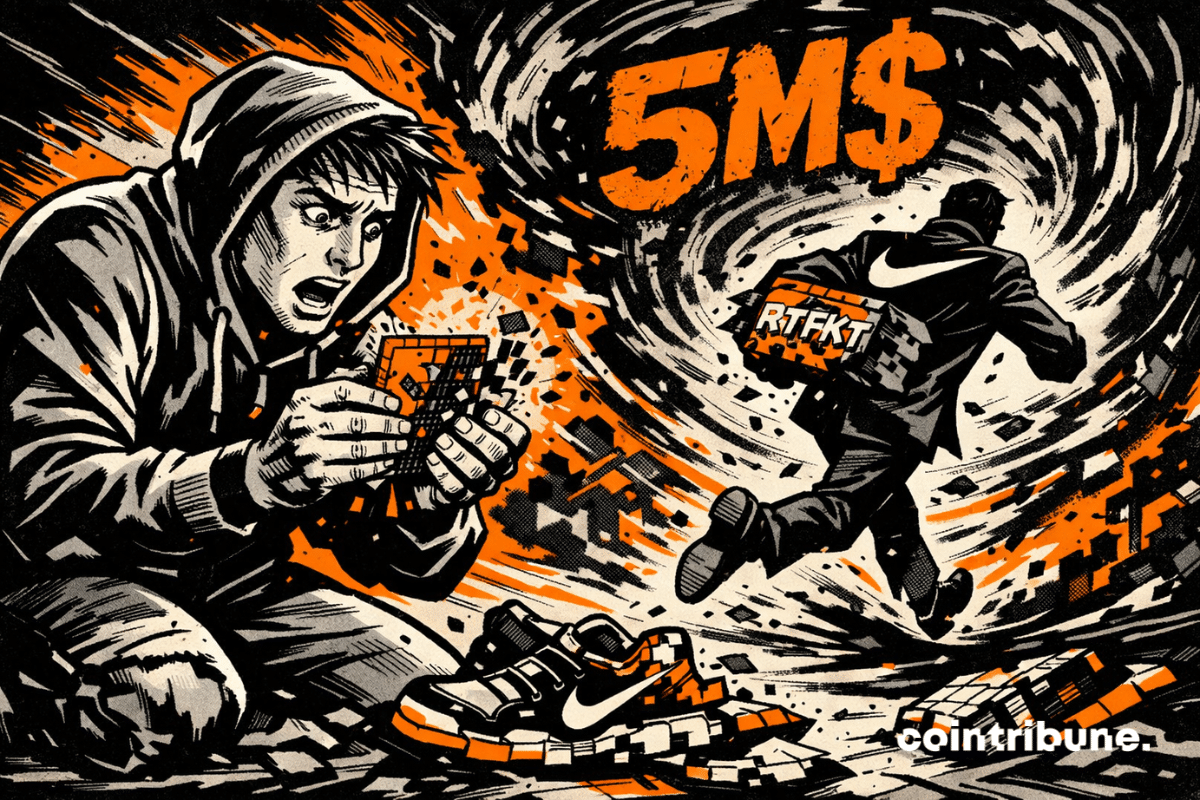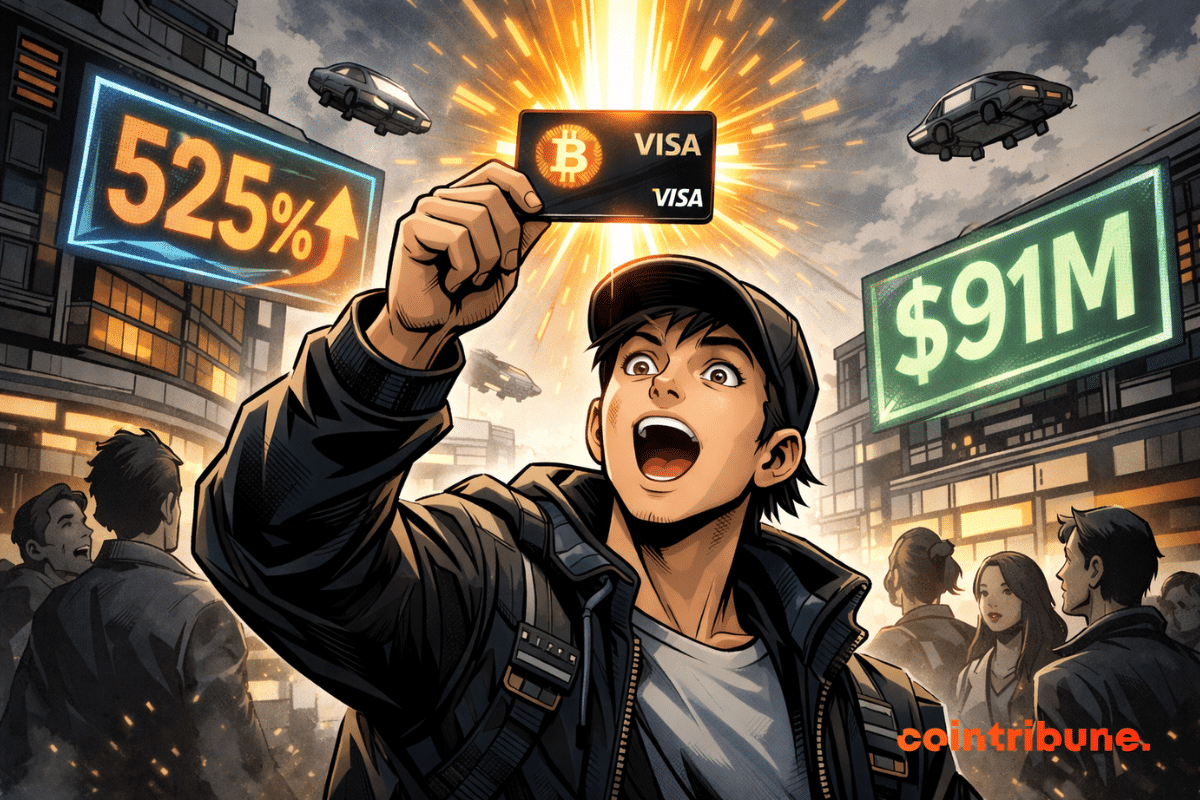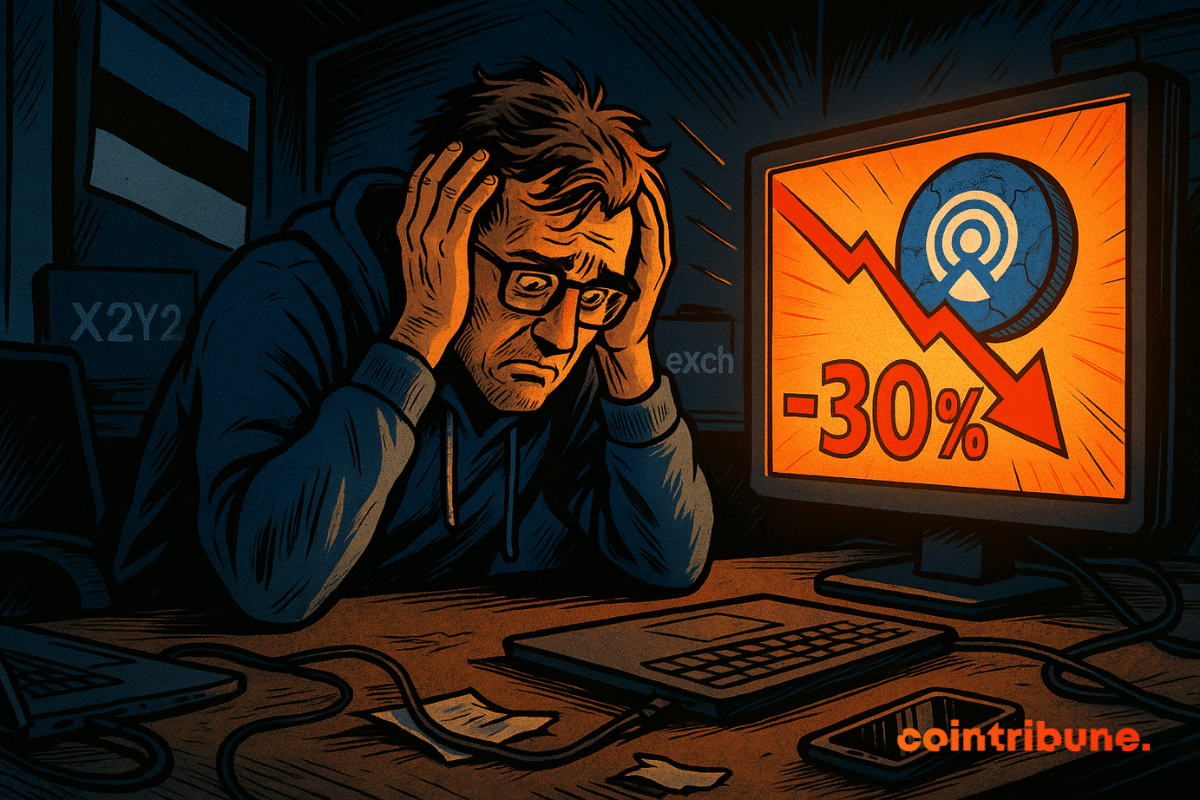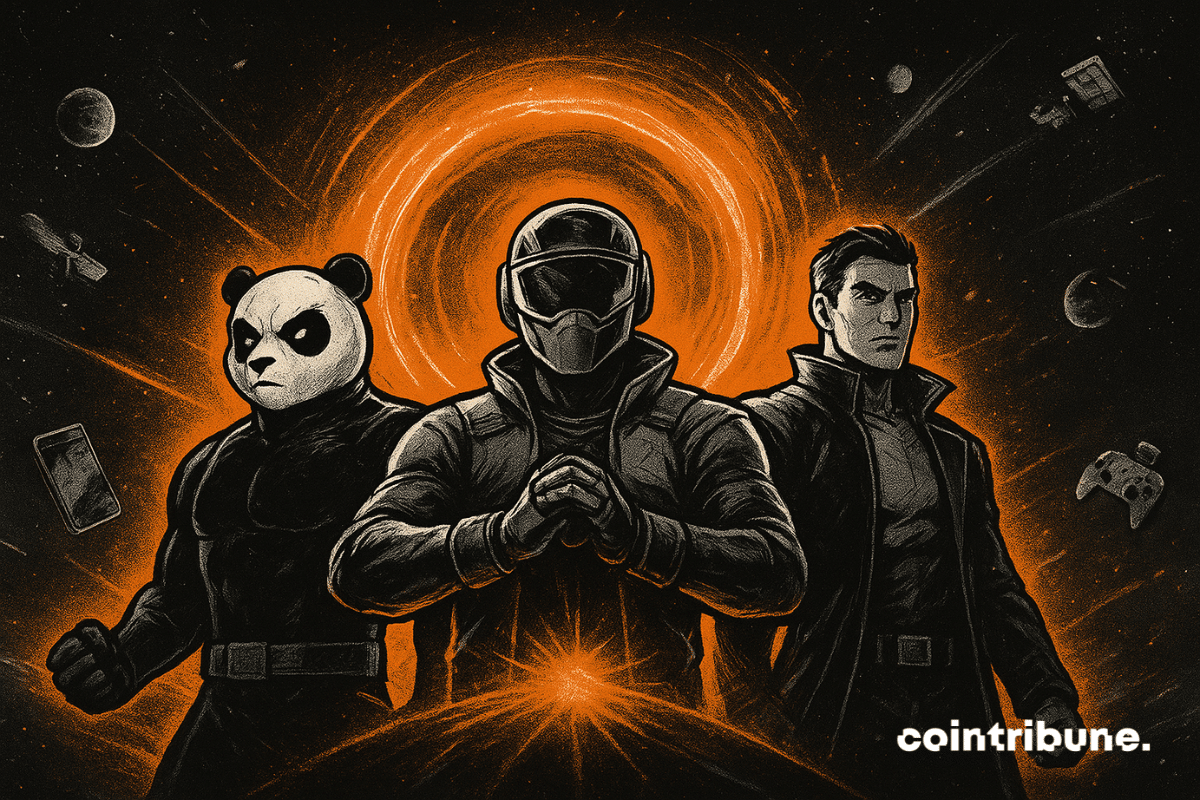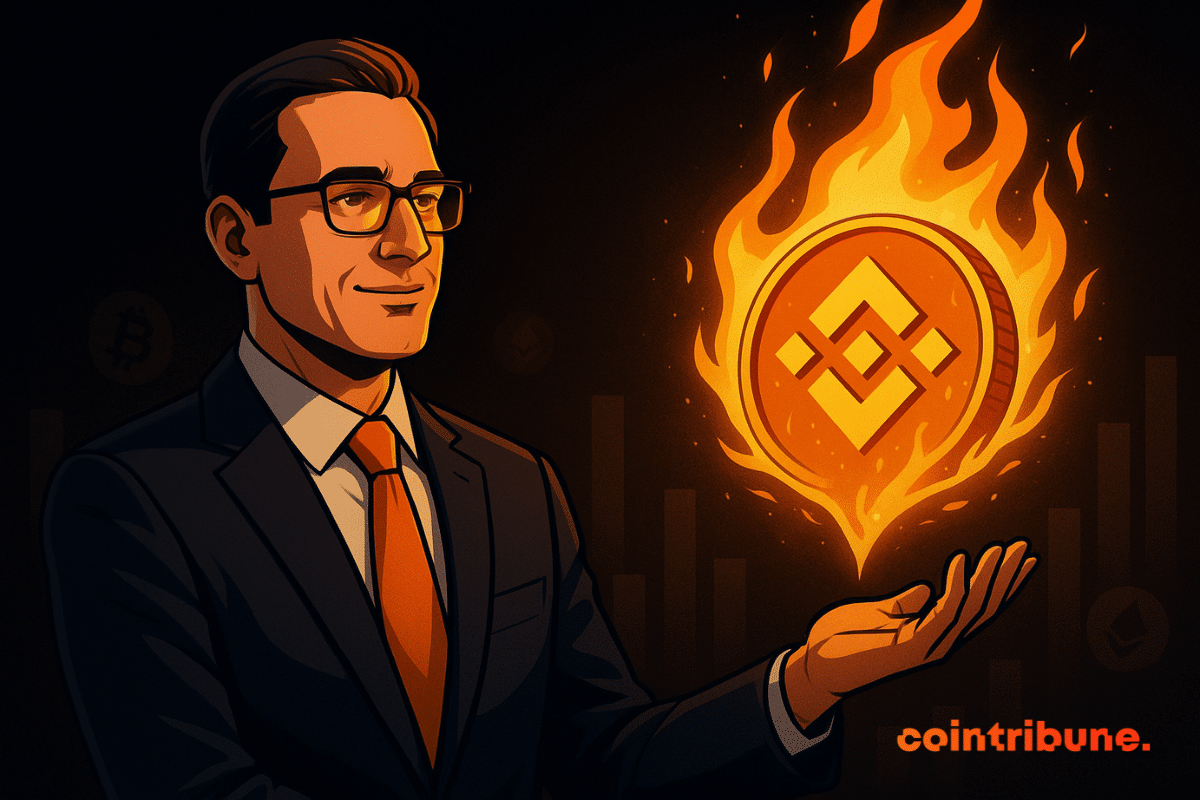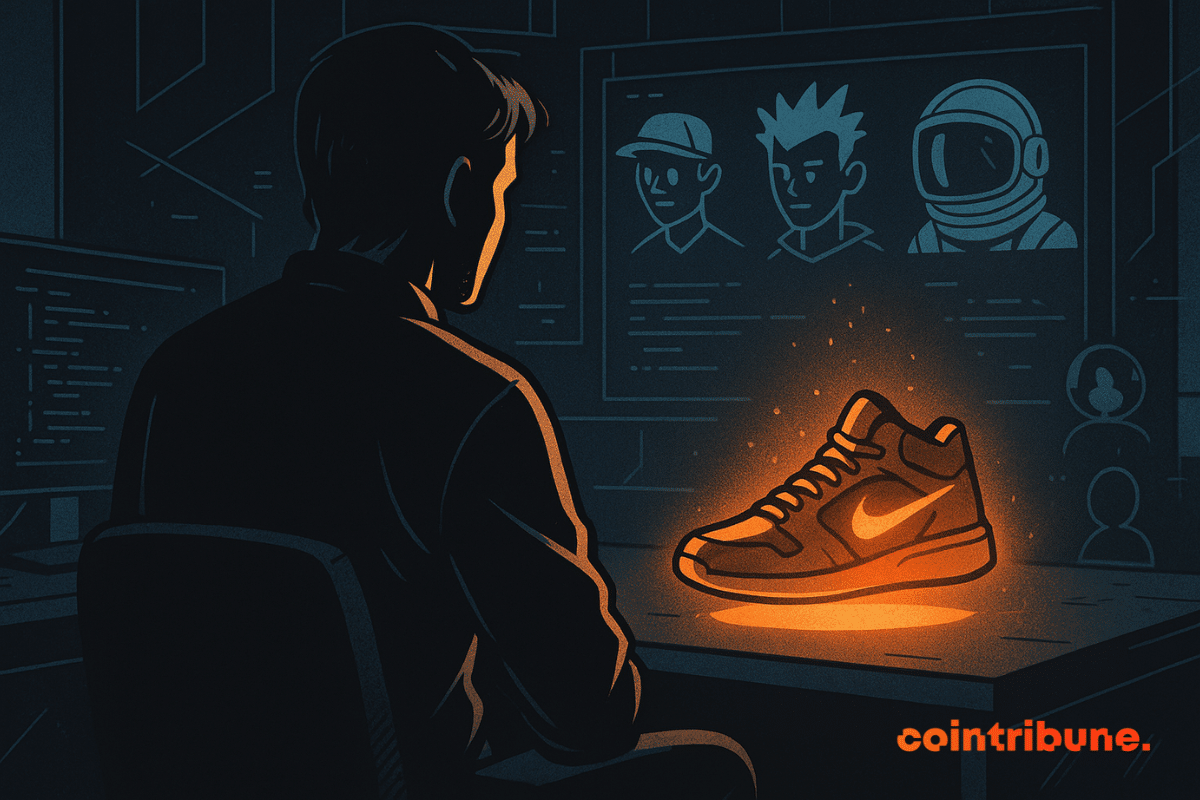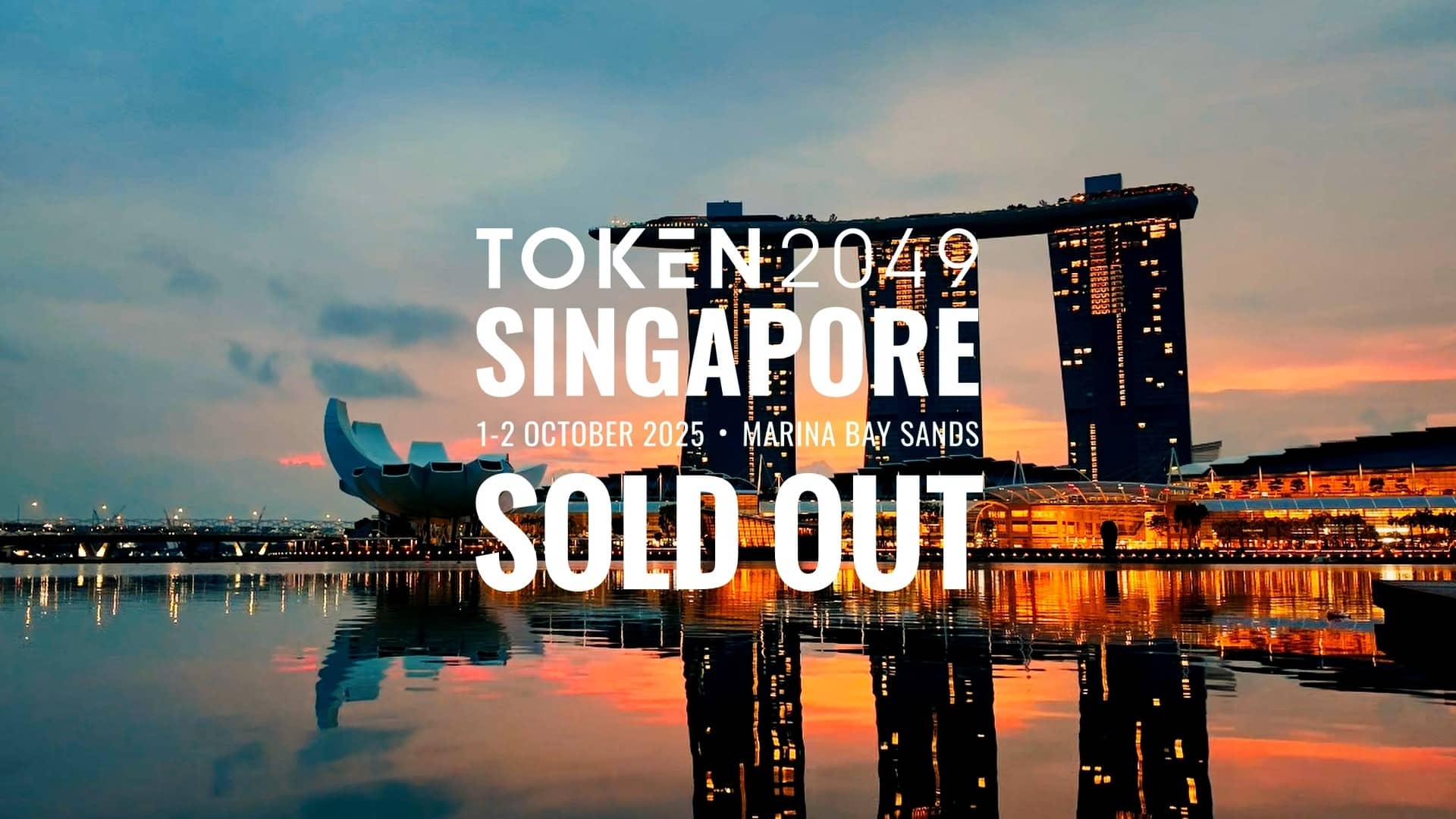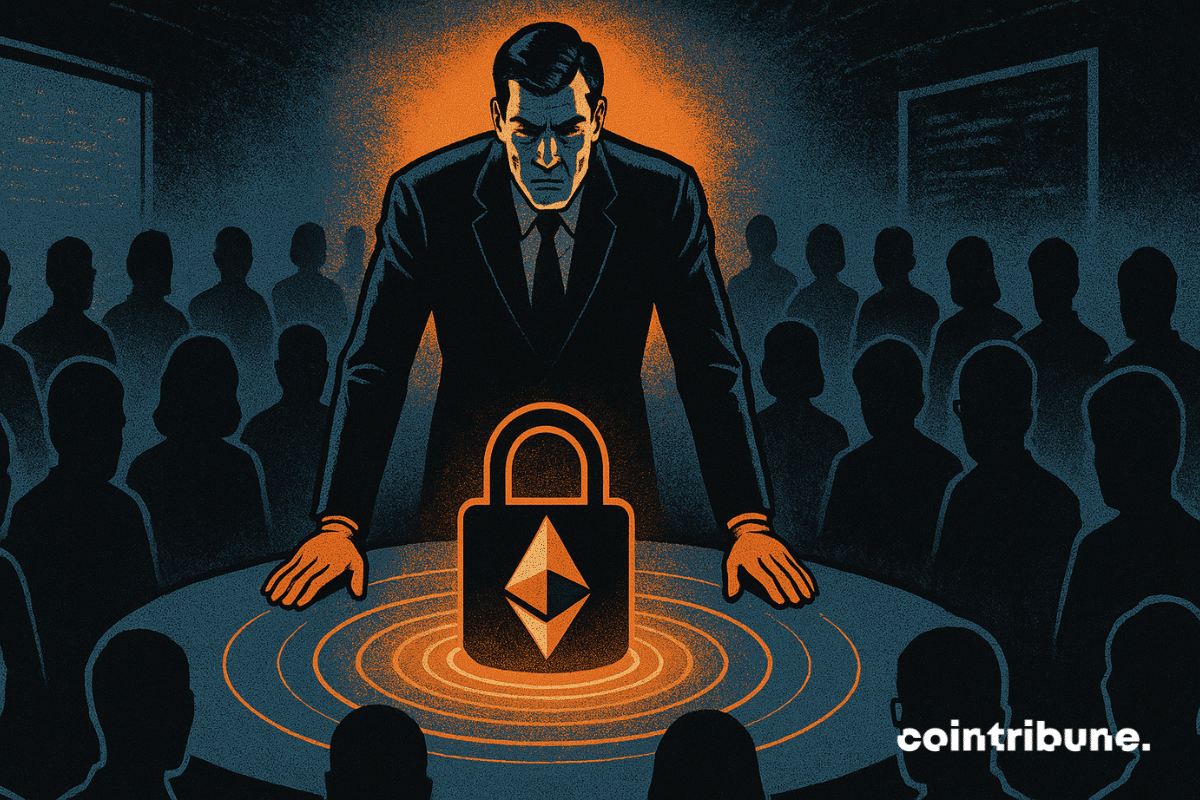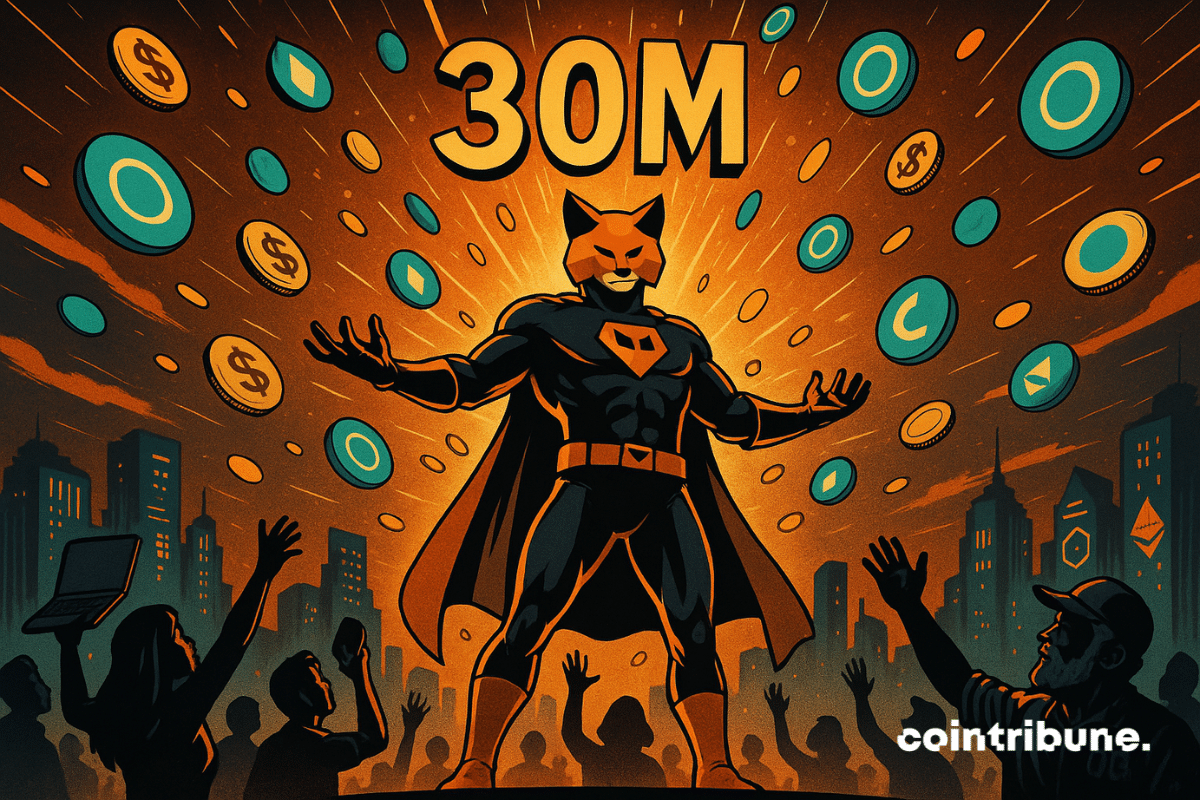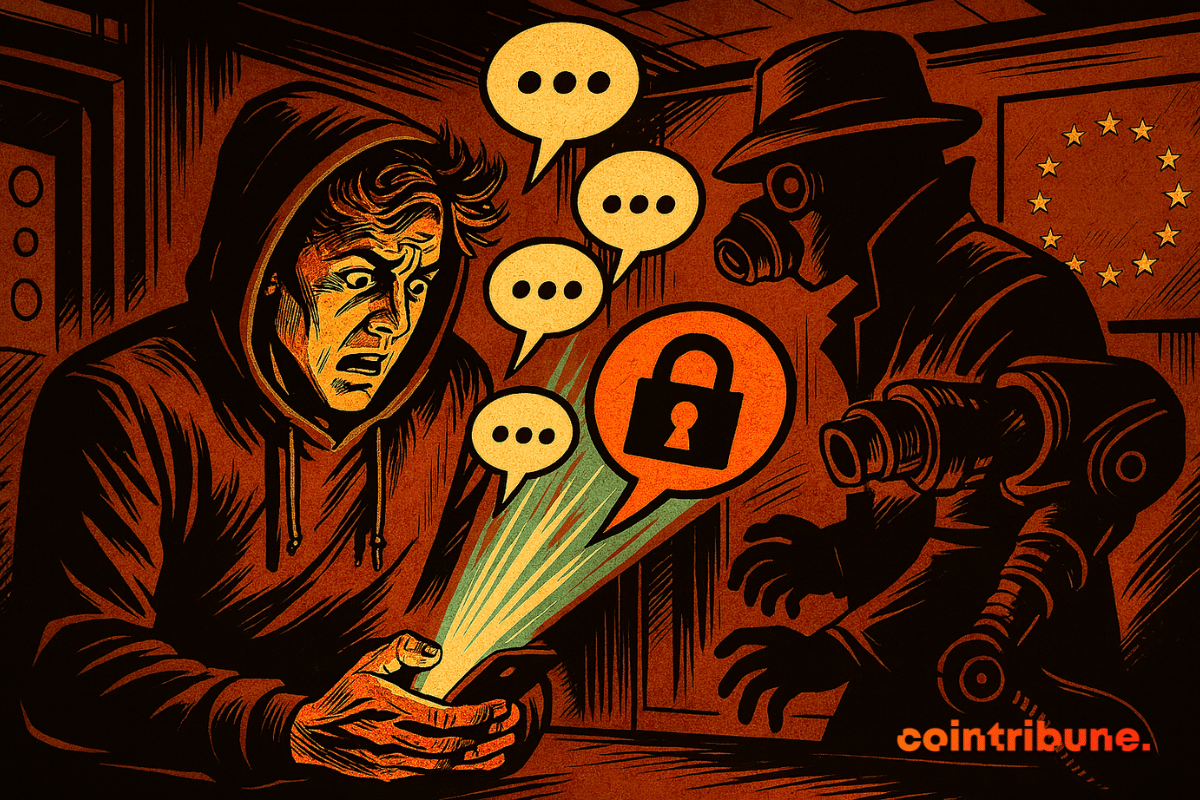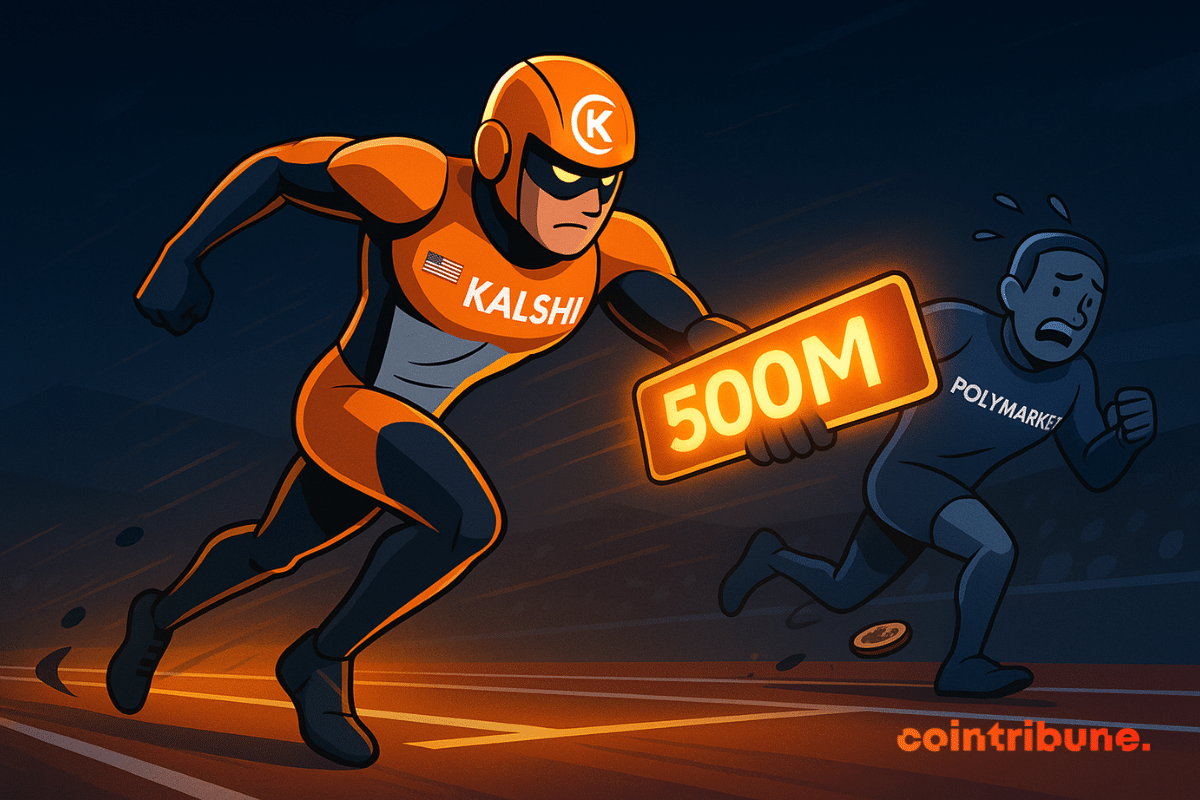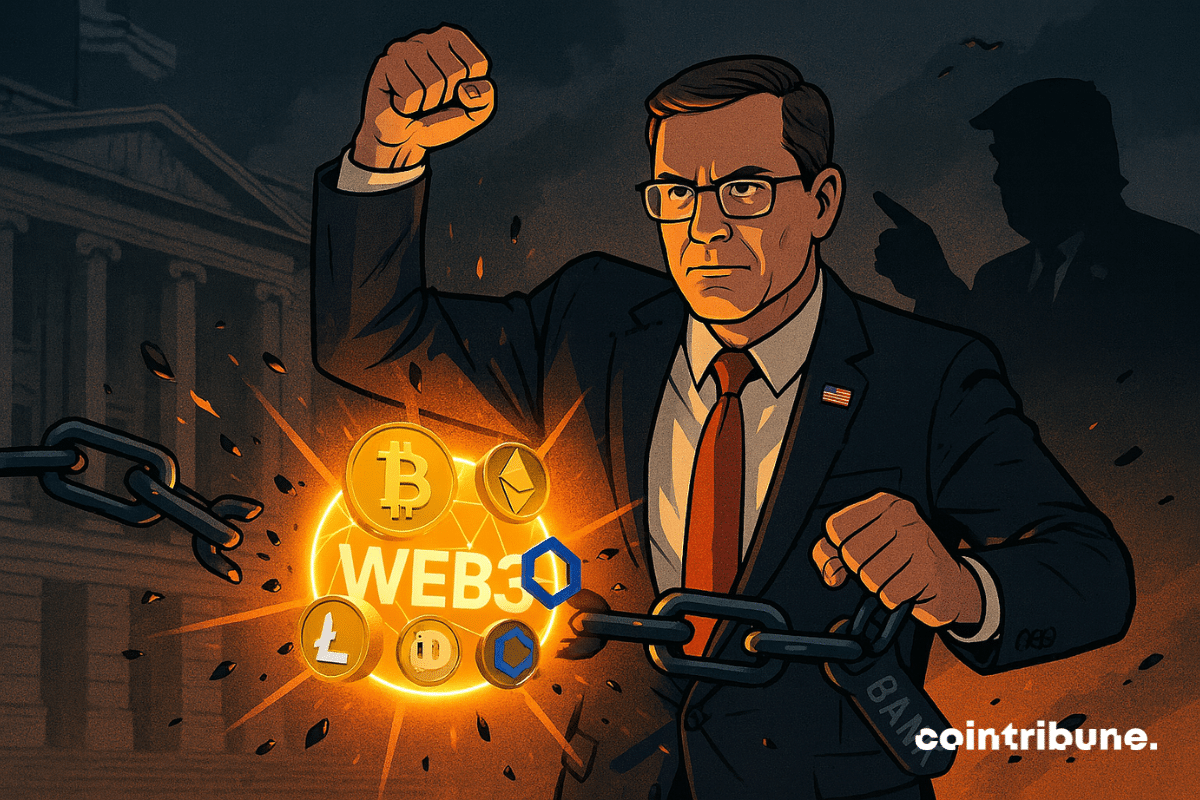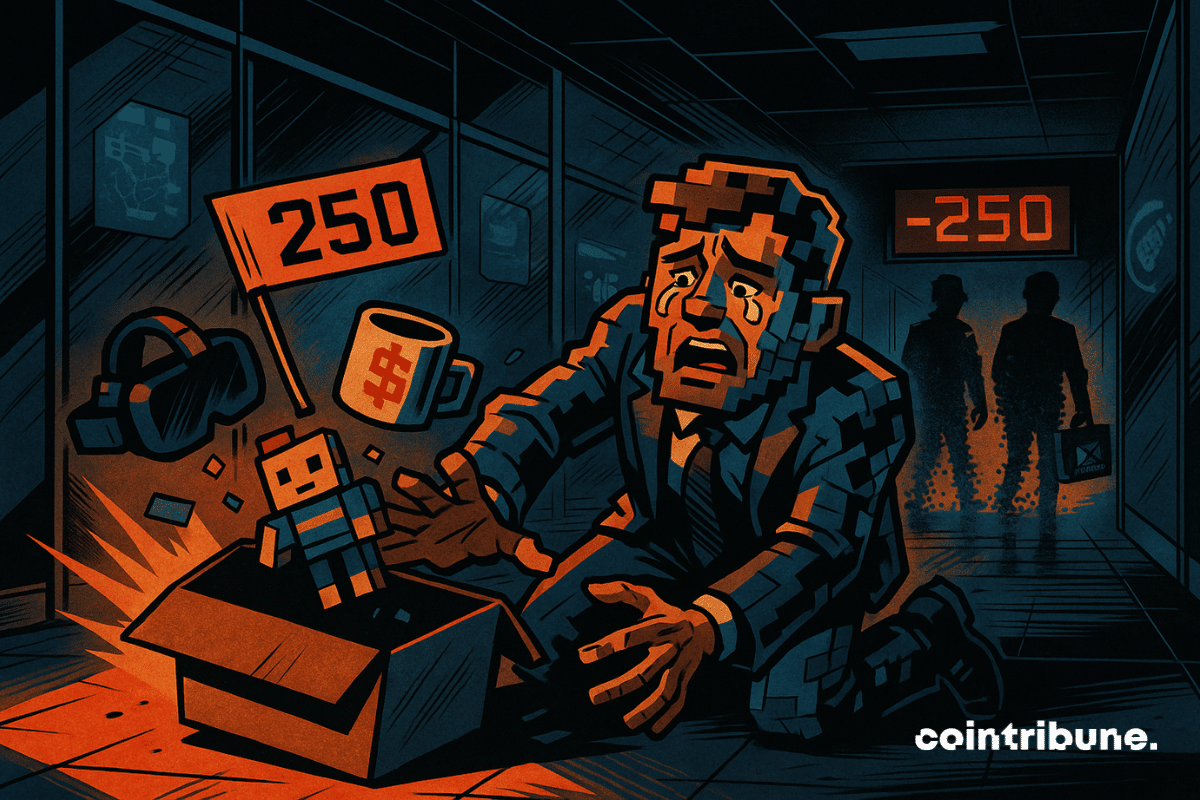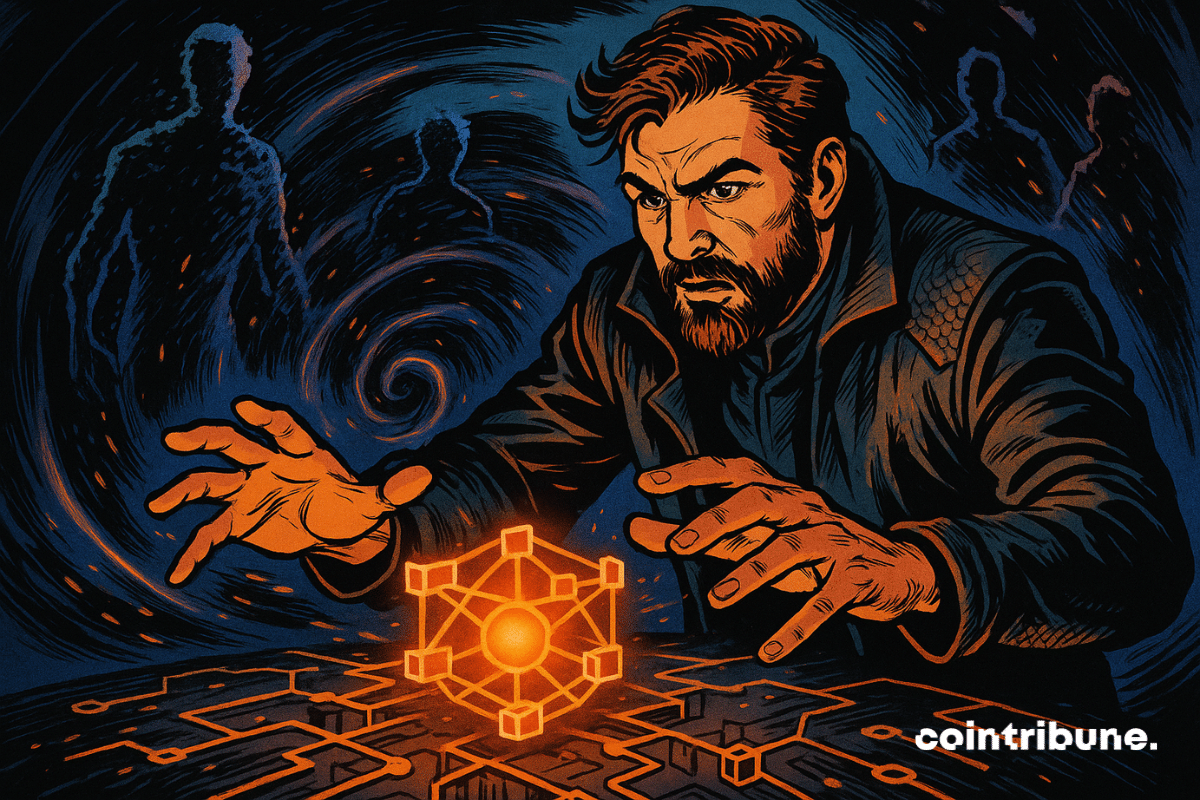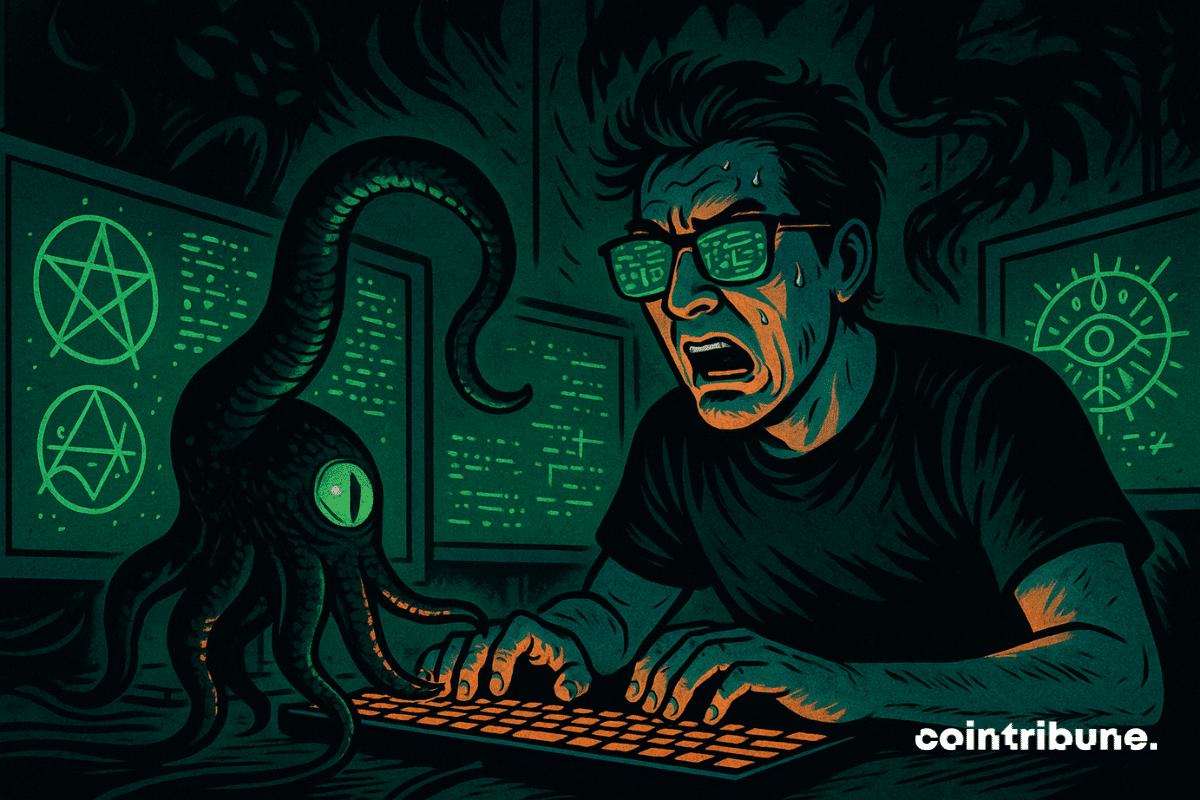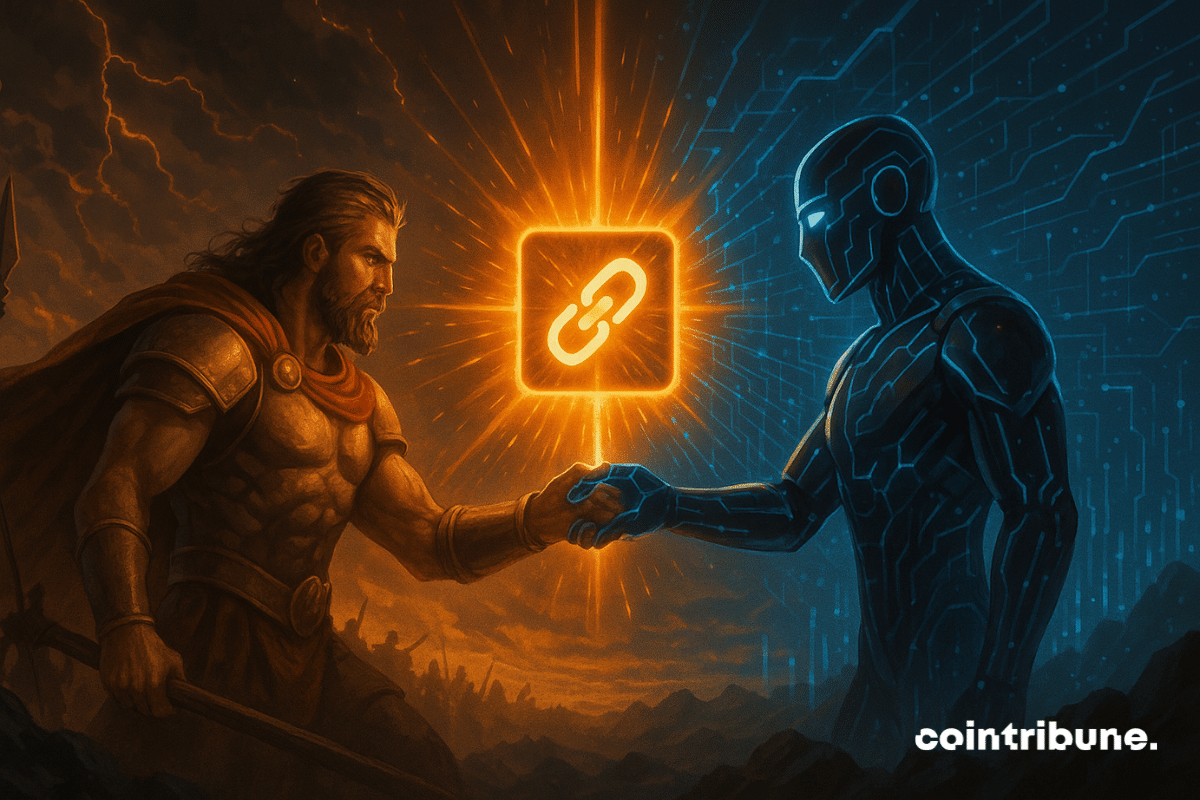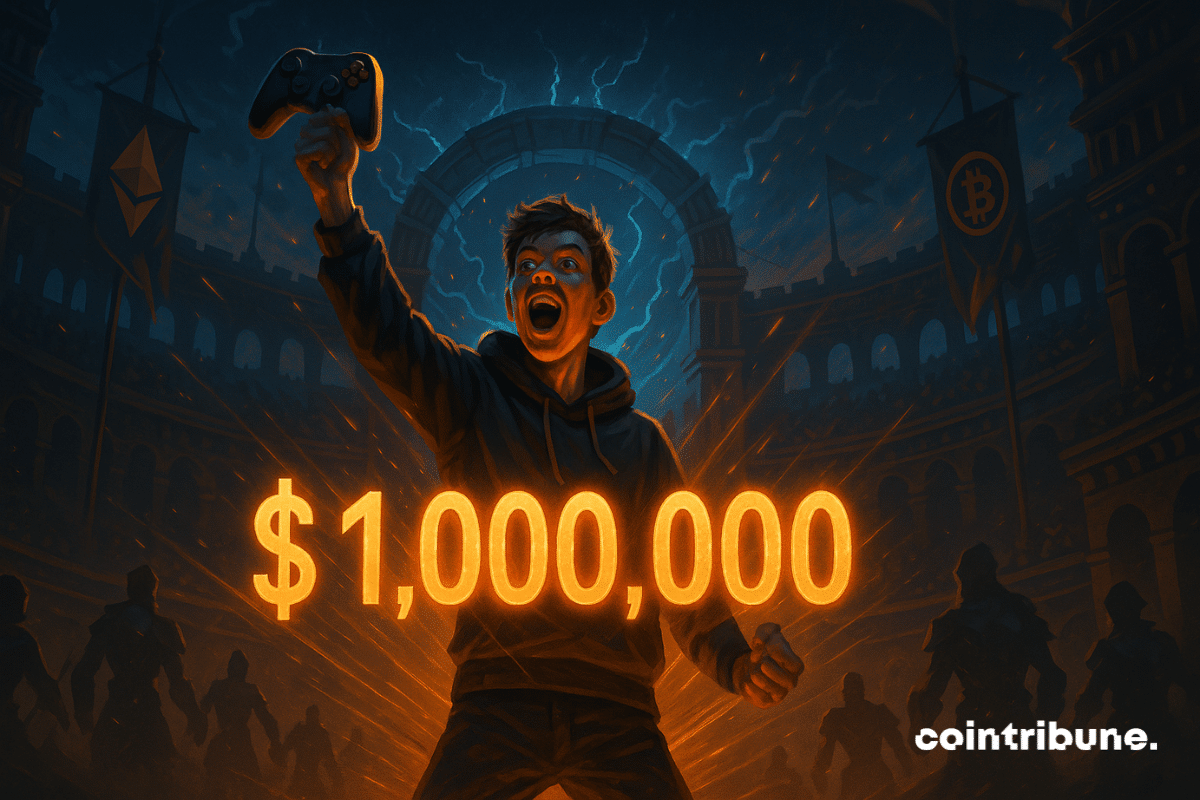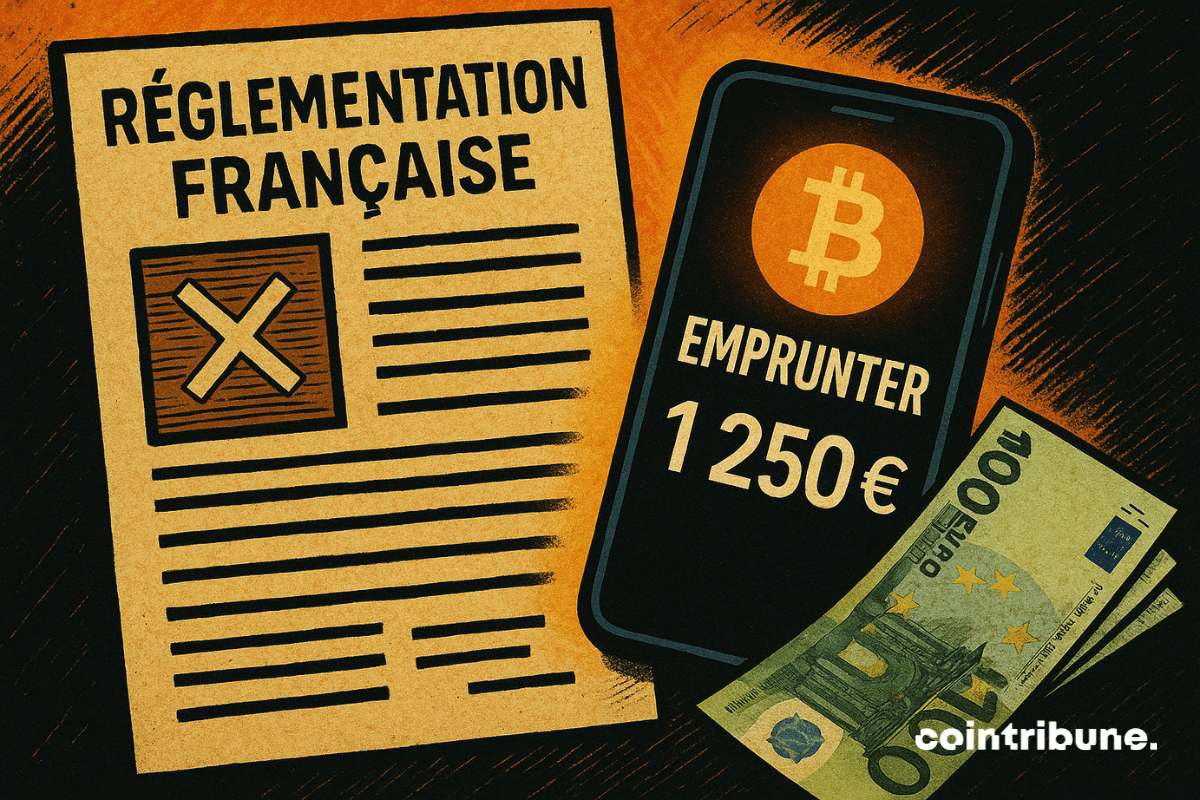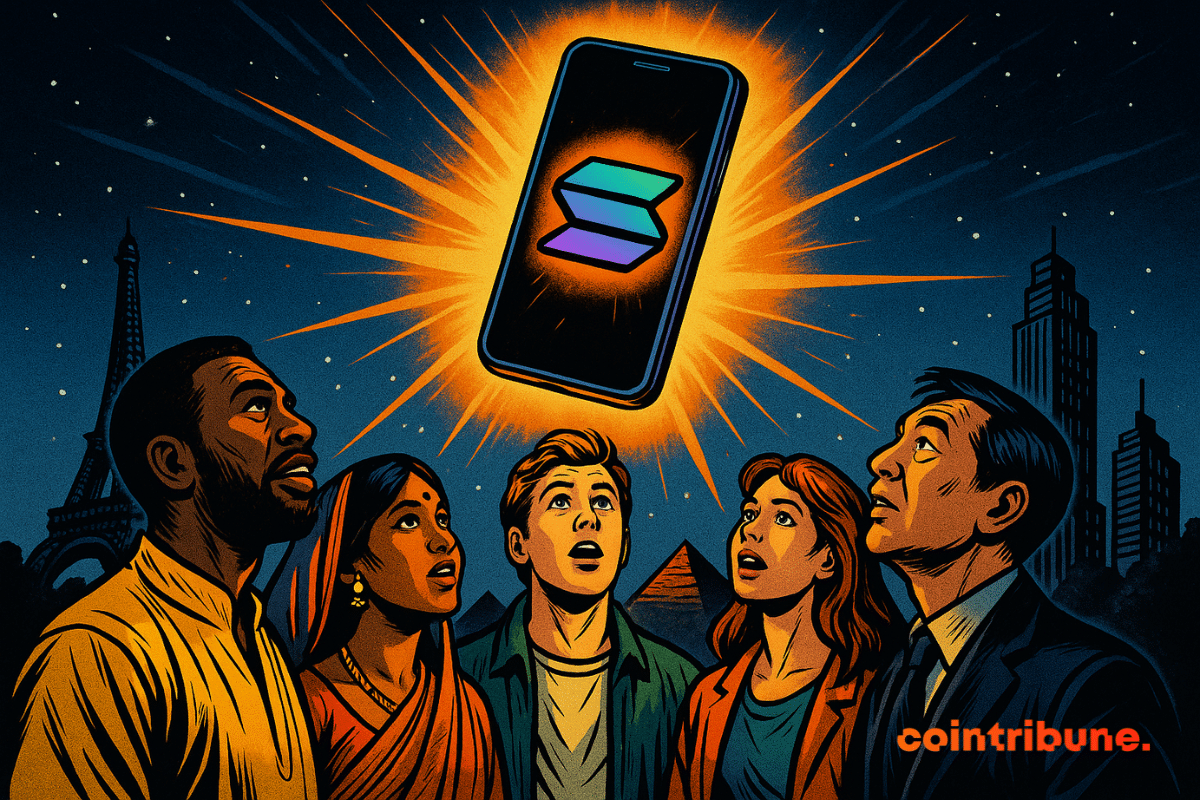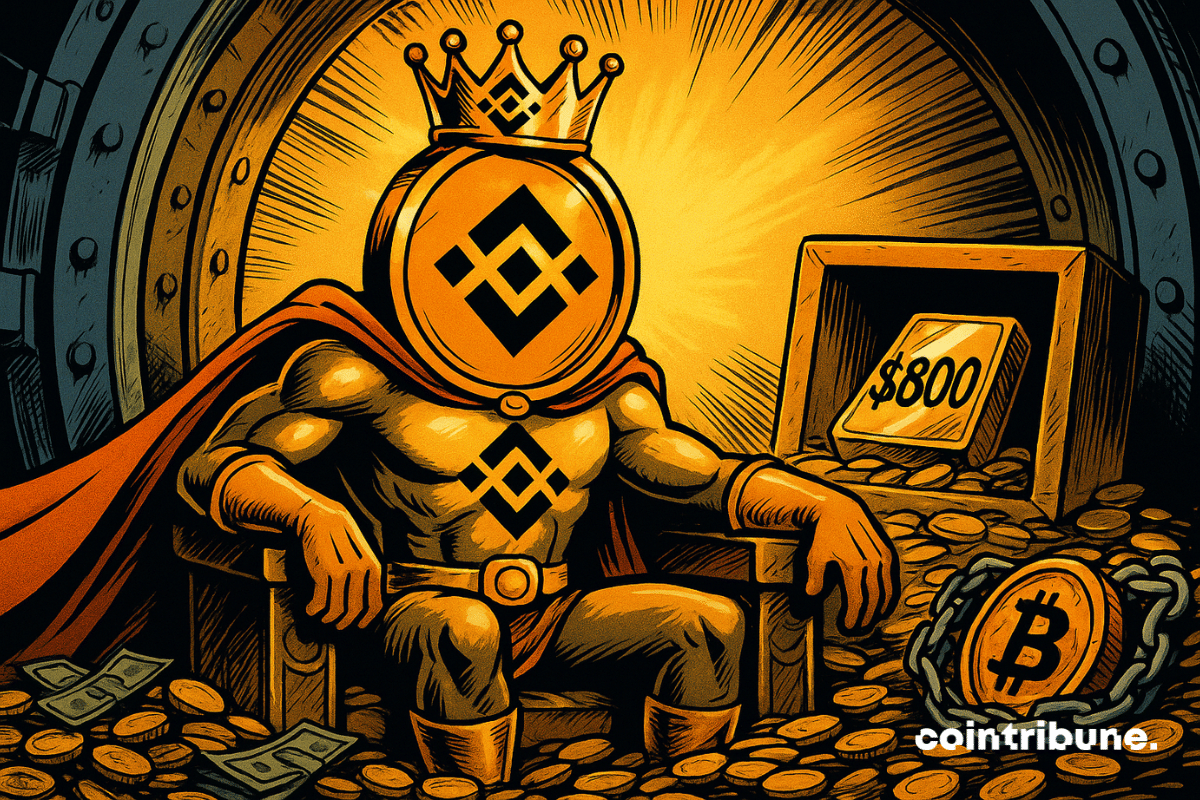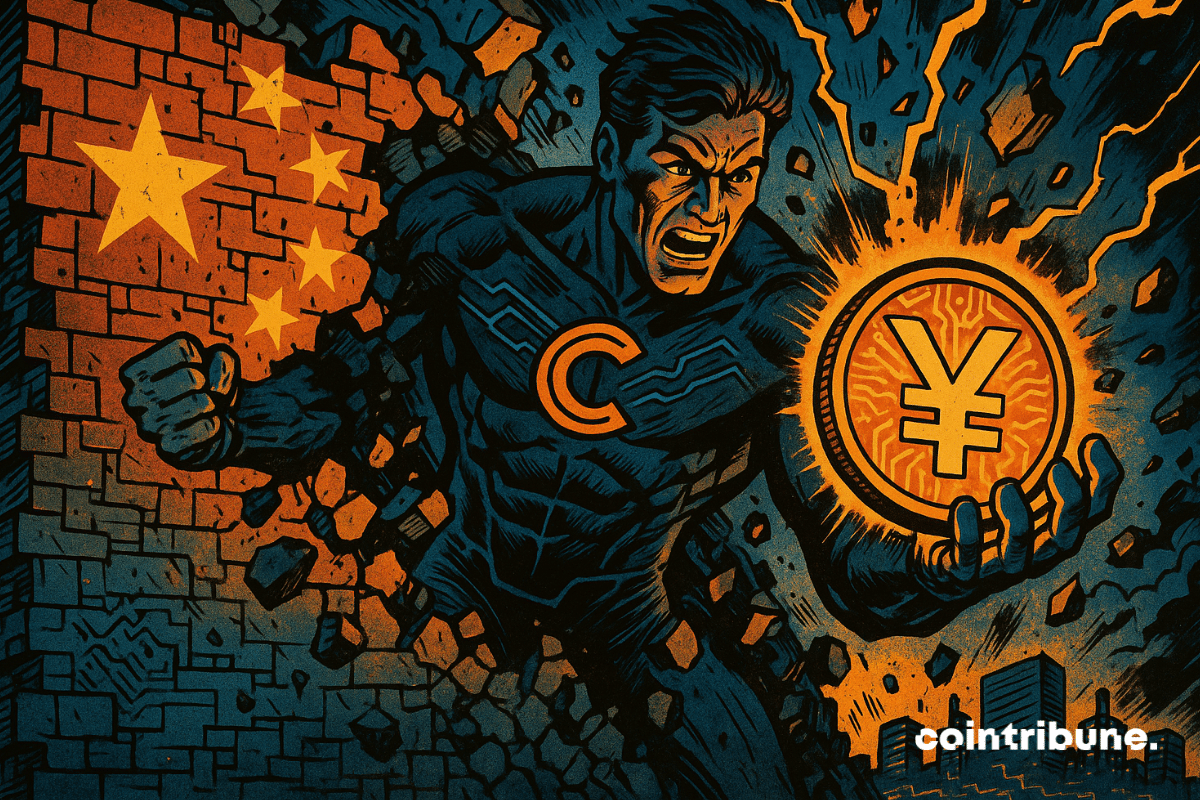Faced with rising tensions around information control, Vitalik Buterin takes a stand. The Ethereum co-founder makes decentralized social networks his priority for 2026, calling for an open, interoperable model free from commercial logics. This choice marks a strategic and ideological turning point, supported by concrete actions and a frontal critique of dominant platforms. Buterin no longer just codes the Web's infrastructure but now wants to rethink how we exchange, debate, and share online.
Web 3.0
Cointribune today launches a brand new Read2Earn educational quest specially designed to help you go further in your understanding of Web3 gaming. After introducing the basics of the subject through a first quest rich in lessons, this sequel immerses you more deeply in the dynamics, economic models, and evolution of blockchain gaming. Here, the goal is to give you the keys to thoroughly understand how models like Play-to-Earn have evolved towards more sustainable, collaborative formats focused on long-term value.
Las Vegas, NV, [15 January 2026] – High Roller Technologies, Inc. (“High Roller”) (NYSE: ROLR), a publicly listed global operator of premium online casino brands, today announced a strategic collaboration with Power Protocol to explore next-generation Web3-enabled engagement models. The initiative will…
Today, Cointribune launches a brand new Read2Earn quest dedicated to a rapidly growing topic: Web3 gaming. Following the success of previous educational adventures, this quest takes you into the world of blockchain-based video games to help you understand the fundamentals, mechanisms, opportunities, and challenges of this video game revolution.
End of the Web3 dream for Nike. The company quietly sold RTFKT, its NFT subsidiary. All the details in this article.
At Visa, it's no longer a toss-up with crypto: 91 million later, the card becomes the new favorite toy of decentralized financiers. To be continued…
Following the resounding success of its 2025 edition, WAIB Summit Monaco proudly announces its return on June 9–10, 2026, at the prestigious One Monte-Carlo, located in the heart of Monaco’s iconic Casino Square.
Bet on the victory of a candidate or a token from your crypto wallet? Trust Wallet believes in it strongly... If you don't win, at least you will have guessed the news.
A site fades away, a token collapses: DappRadar takes its bow, leaving its DAO stranded and the crypto market searching for a new GPS for its scattered data.
Three mobile gaming titans join forces to create a digital entertainment empire amid deep industry transformation.
Leuven, Belgium — November 2025 — After the tremendous success of WAIB Summit Monaco 2025, where over 2,000 Web3 and AI enthusiasts gathered in June to celebrate innovation and the future of decentralized technology, WAIB Summit is now heading to Leuven, Belgium…
BNB’s latest rally has pushed the token to new highs, sparking strong reactions from market leaders and investors. With growing adoption across DeFi, gaming, and on-chain trading, analysts view the rise as more than just a price move—it signals deepening network strength and credibility.
Web3 loses its visionary stylist! Pagotto, the pope of NFT sneakers, takes his bow. And meanwhile, Nike is re-lacing its strategies... failing to revive its promises.
TOKEN2049 Singapore 2025 took place on October 1st, bringing together the entire global crypto industry for its largest gathering of the year. With a fully sold-out event of 25,000 attendees from over 160 countries, alongside 500+ exhibitors and 300+ speakers, TOKEN2049 cements its position as the world's largest crypto event.
The Ethereum Foundation takes a new step by launching the Privacy Cluster, a team entirely dedicated to network privacy. A strategic initiative that responds to the growing concerns about digital surveillance and the increasing need to protect user data.
MetaMask launches a crypto program with token rewards. A key strategy before a flagship event! Details here.
Chat Control wants to scan your messages "to protect." Result? Berlin hesitates, Brussels is confused, and Web3 grabs the popcorn: when Big Brother inspires decentralization.
Two crypto platforms are fiercely competing: Kalshi captures the volumes, Polymarket buys respectability. Sports betting, regulators, and billions join the prediction feast.
Trump pushes banks to love crypto. Yesterday demonized, today courted, the Web3 industry settles in the vaults of fiat. But who is really orchestrating this spectacular turnaround?
While Web3 seeks to reinvent itself after the bursting of the speculative bubble, The Sandbox is going through a major crisis. The French pioneer of the blockchain metaverse has just announced the layoff of more than half of its workforce and the eviction of its two co-founders. This brutal restructuring occurs in a climate of growing disinterest in 3D virtual worlds and is accompanied by a spectacular drop in the project valuation, now forced to rethink its future.
A silent revolution is taking shape. As quantum computing becomes a reality, the very foundations of Web3 begin to tremble. Behind this invisible threat, a solution emerges: Naoris Protocol. A decentralized post-quantum cybersecurity infrastructure, it anticipates vulnerabilities that even nation-states fear. Its founder, David Carvalho, grants us an exclusive interview. An ethical hacker turned cyber strategist, he shares his vision, his technological choices, and his warnings. As the $NAORIS Token Generation Event (TGE) took place on July 31, 2025, a new paradigm is on the horizon..
The horrific universe of H.P. Lovecraft makes its way into the Web3 collectible card game ecosystem with "Call of Myth", the ambitious project from Kadath Studio. This competitive PvP CCG promises to revolutionize the genre through innovative mechanics, a fair economy, and full immersion in Lovecraftian cosmic horror.
The strategic partnership between Kadath Studio's Call of Myth and Immutable goes far beyond a simple technical agreement. This alliance symbolizes the evolution of Web3 gaming towards maturity, combining gameplay innovation with a blockchain infrastructure optimized for mainstream adoption. This collaboration could set a new standard for the industry by demonstrating how to overcome traditional decentralized gaming obstacles.
The Web3 esport industry is about to experience a historic event with the launch of the Call of Myth tournament, endowed with an exceptional prize pool of one million dollars. Scheduled for September 25, 2025, this tournament sets a new standard in the blockchain gaming ecosystem by offering 100% free entry and qualification based exclusively on player merit.
A law passed unnoticed allows borrowers to mobilize their digital assets as collateral. A discreet but symbolic turning point for the integration of cryptos into traditional finance.
When Solana slips Web3 into your pocket, Apple and Google look glum. The trendy crypto Seeker promises a cage-free phone, but with dApps, tokens, and open war.
HANOI, Vietnam – August 1–2, 2025 | National Convention Center - Vietnam is entering an “era of national rise”, a pivotal inflection point to assert its place in the global technology race. Fueled by bold policy reforms, surging investments, and a fast-growing digital infrastructure, the country is primed to become a strategic epicenter for the blockchain revolution.
Coinfest Asia, the largest crypto festival in the world, returns on August 21–22, 2025, at Nuanu Creative City, Bali. Known for its immersive format and hands-on Web3 showcase, this year's event is set to gather over 10,000 participants from across crypto, finance, tech, and the broader digital ecosystem.
While Bitcoin makes headlines, the discreet BNB is climbing quietly. An ATH that tastes of revenge? A crypto that works while others act like stars!
Conflux has launched a stablecoin backed by offshore yuan and unveiled Tree-Graph 3.0 to advance global blockchain adoption.

